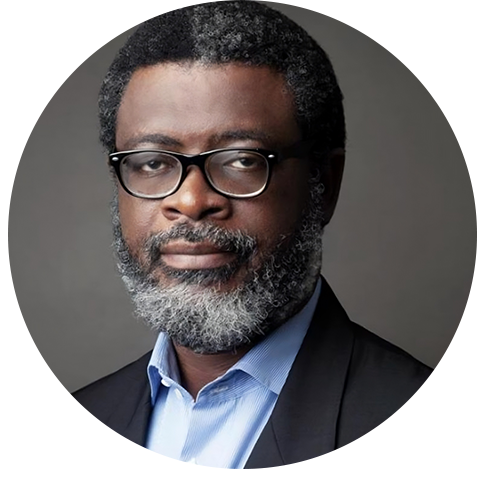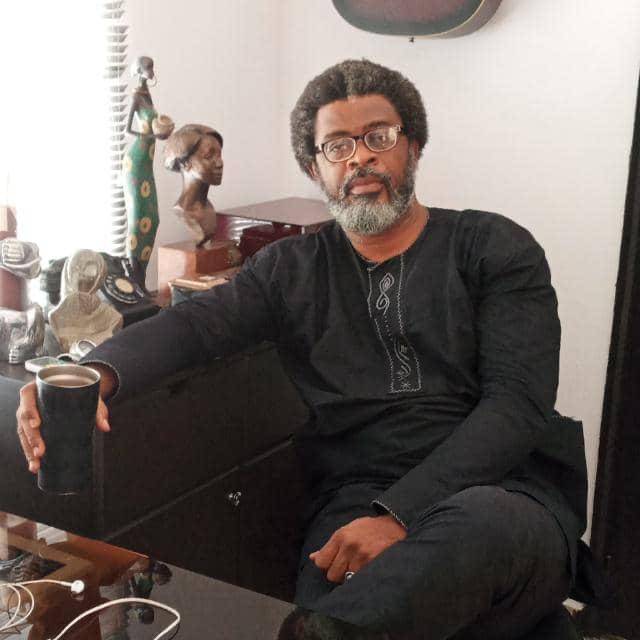Olusegun Adejumo

Olusegun Adejumo is a highly acclaimed Nigerian visual artist, known for his masterful draughtsmanship and evocative figurative paintings. Born in Lagos on September 30, 1965, Adejumo’s artistic journey began at the prestigious Yaba College of Technology, where he earned a Higher National Diploma (HND) in Painting.
Adejumo’s work often serves as a social commentary, with his paintings, drawings, and illustrations acting as visual diaries that capture the essence of urban life in Lagos and beyond. He is particularly renowned for his compelling depictions of the human form, with a notable focus on female figures, society women, and laborers. His art is a celebration of the warmth, vitality, and resilience of the Nigerian people, while also exploring deeper themes of identity, belonging, and the human experience.
Beyond his prolific studio practice, Adejumo has held significant leadership roles within the Nigerian art community. He has served as the President of both the Society of Nigerian Artists (SNA) and the Guild of Professional Fine Artists of Nigeria (GFA). Adejumo’s dedication to his craft and his impact on the art scene are widely recognized, and his works have been featured in numerous solo and group exhibitions in Nigeria and internationally. He is a full-time studio artist and the director of One Draw Gallery, continuing to contribute significantly to the landscape of contemporary Nigerian art.

For over three decades, my work has been a sustained conversation with the human form. I’ve often been asked why I am so drawn to figures, particularly those of women. The answer is simple and complex all at once: the face, the posture, the subtle gesture—each holds a universe of story.
As an artist, my process begins not with a canvas, but with a gaze. I am looking for something beyond mere physical likeness. I seek the dignity in a person’s bearing, the history etched into their features, and the silent strength that emanates from their presence. This is why my art is a form of social documentation. It is my way of preserving narratives that are often overlooked, of giving a voice to the quiet resilience I see all around me in Lagos and beyond.
The tools of my trade—charcoal, pastel, and paint—are just extensions of this conversation. With each stroke, I am not just creating a likeness; I am building a relationship with my subject. I am interpreting their essence, translating their spirit onto a two-dimensional surface in a way that resonates with the viewer.
All Rights Reserved 2025 | Built by Theos